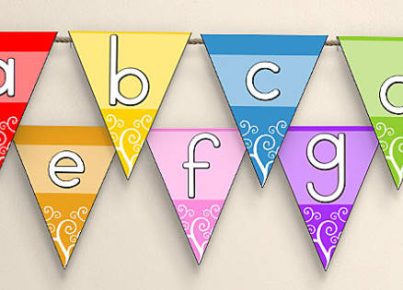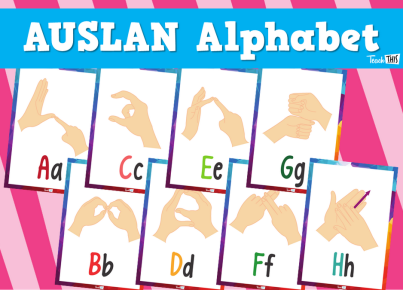This refers to the skill of using vocabulary and other tools of language to communicate effectively. It is a perfect blend of communication skills, literacy, and social skills. Expressive language is the ability to put thoughts into sentences and words in a way that’s grammatically correct and makes sense. Kids that have difficulty communicating their wants and needs might have an expressive language disorder or expressive language difficulties. For instance, kids might have expressive language difficulties if they’re unable to tell their parents when they’re hungry or when they need to use the bathroom.
Kids who’ve difficulty producing language might struggle with the following:
· Using gestures
· Asking questions
· Naming objects
· Making comments
· Using facial expressions
· Semantics
· Syntax
· Morphology (forms of words)
Expressive language disorder happens in all settings – at work, at school, and anywhere else individuals interact. People with expressive language disorders may need additional time to take a turn in a conversation or answer questions. These challenges may make it difficult to connect with people, form relationships, and make friends.
Expressive language disorders are generally developmental, and signs become visible in early childhood. But children don’t outgrow these disorders. The signs continue through adulthood. For instance, both adults and children with expressive language disorders may say “um” and “uh” many times when searching for what to ask or how to answer. Many individuals with the disorder avoid talking altogether. They may worry or find it too frustrating that others will judge them. They might choose not to interact or socialize with colleagues or classmates. Therefore, they can come across as withdrawn or distant.
There’s no single cause of expressive language disorder. Genetics might play a role because language difficulties often run in families. Sometimes, trouble with expressive language is related to autism. It can also result from issues in birth and pregnancy and brain illness or injury.
Speech therapy is effective in enhancing expressive language deficits and delays. Expressive language therapy focuses on providing kids with the strategies and tools they need to communicate their ideas, thoughts, and needs to the world. People need to be assessed by a speech-language pathologist to be diagnosed with expressive language disorders. These specialists work in clinics, in schools, and in private practice. Individuals can be diagnosed at any age. But since the disorder is developmental, the symptoms can show up at a very young age. The earlier this condition is identified, the sooner children can receive help to improve their language skills.




